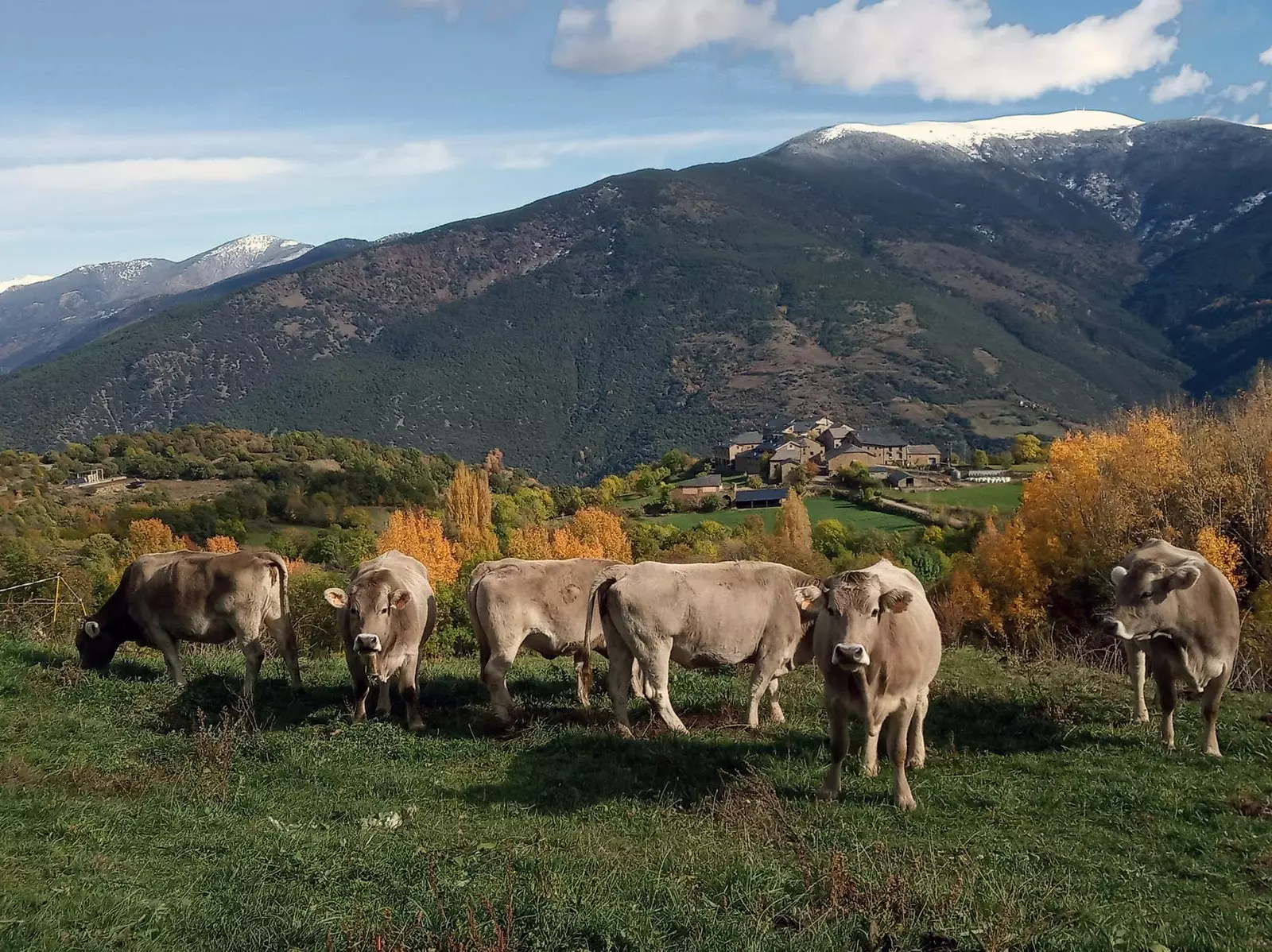
The authentic rural tourism was this
Beta House, in the Pyrenean core of Pujalt, houses the history of 17 generations of a family of farmers and ranchers. Their cows graze in the meadow, in the workshop they prepare hamburgers with the organic meat of their cattle, and They have just opened a rural tourism accommodation. It is the complete cycle of traditional indigenous life and its confluence with the urban escape to the mountains, and everything, within the same walls.
Strong, like the stones that raised the walls of Casa Beta, they are vocations like that of Albert de Moner. Also his legs. At 50 years old, how many ups and downs have they done and do they do every day, through the mountains, meadows and trails, farms of the town of Pujalt and its surroundings, in the Lleida region of Pallars Sobirà.
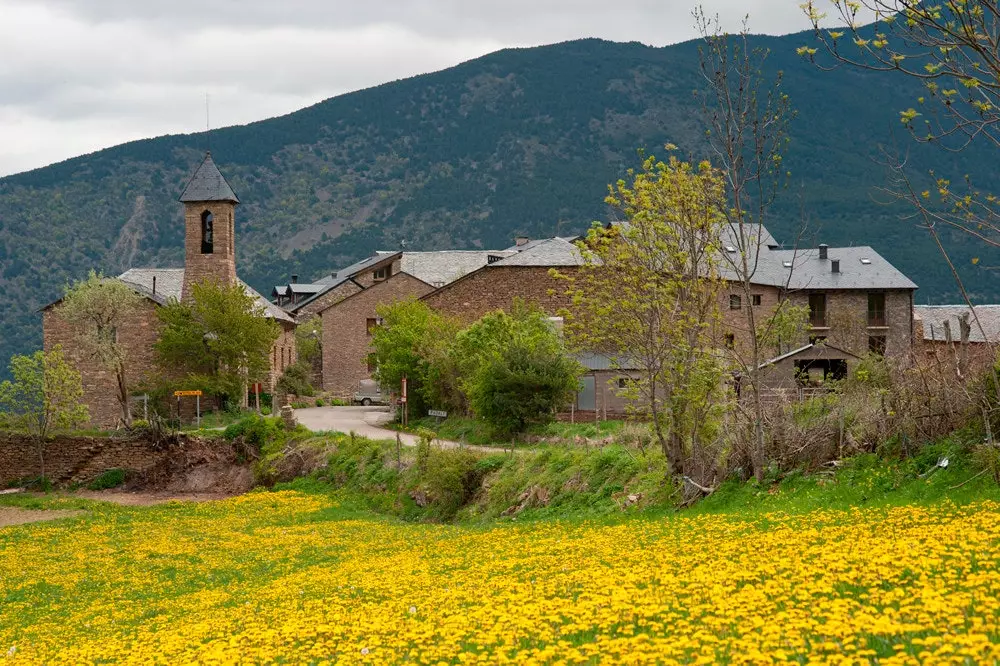
Stone houses and slate roofs typical of traditional architecture in the Pyrenees
Pujalt is located at 1,160 meters of altitude and a dozen kilometers from Sort. It is the only town from which you can see the highest peak in Catalonia, the Pica d'Estats (3,143 meters). Church and bell tower, the watering hole for animals in its square, and the stone houses and slate roofs typical of traditional architecture in the Pyrenees, all of this configures a pineapple of rural life in which Casa Beta is located.
Documented in the year 1530, it is known that it was founded by a priest named Joan Abetta, that upon his death he bequeathed a house and land to a nephew. The next four generations kept the same surname, and a dozen generations later, Albert's paternal grandmother married the first De Moner, to whom he and his three children owe their surname. It is the story, then, of the name of the saga, but also of one of the families that gave rise and life to rural areas like Pujalt and many others that dot the mountains throughout the Pyrenees. The future of each family was conforming to farmland around the villages, where today some walking trails give us the opportunity to also approach that authentic rural life, among meadows where there is still a lot of livestock activity.
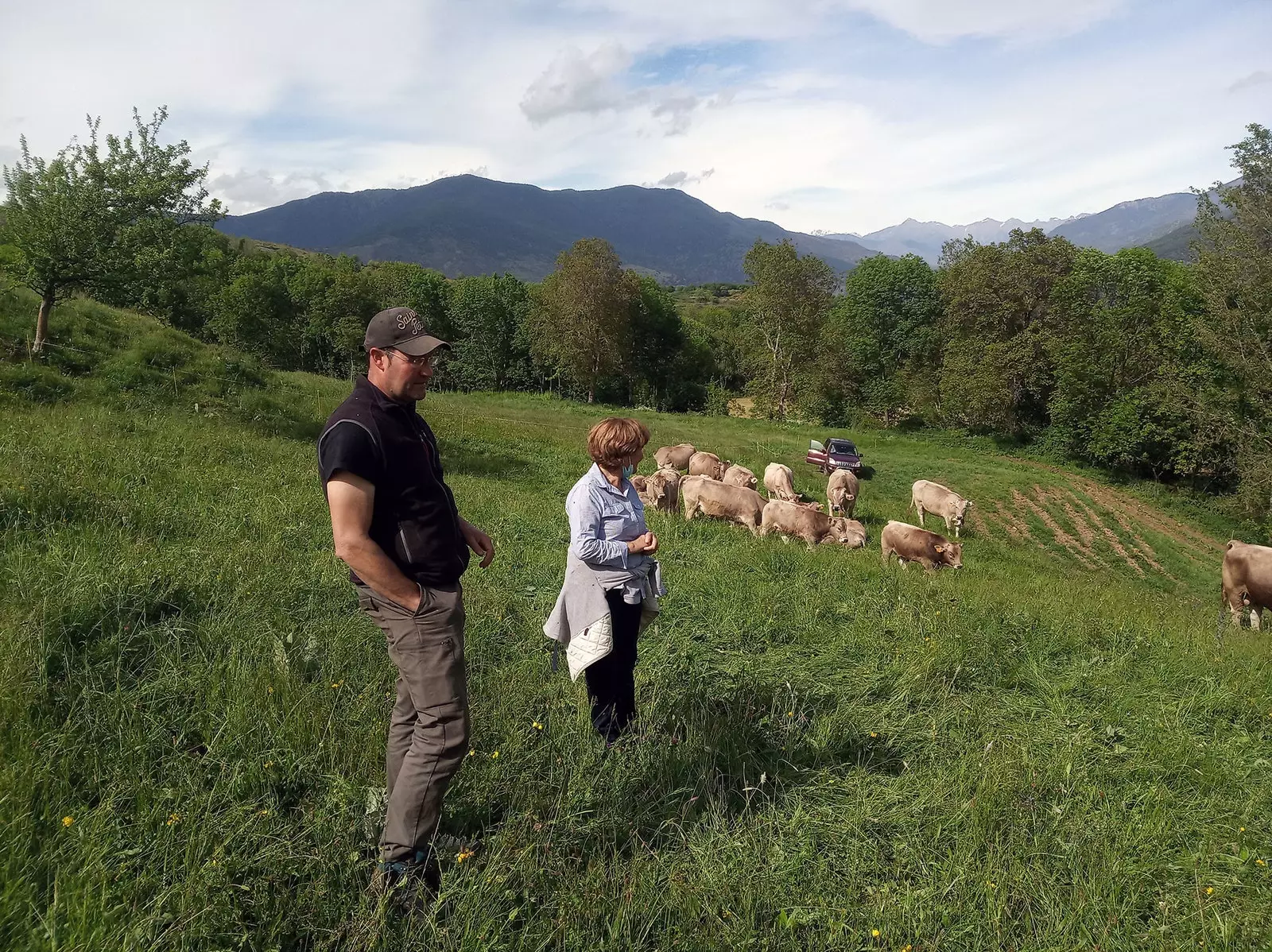
Take your cows and calves at all times to the best piece of mountain to graze
The sheep farming It was the majority in the area from the 16th century until the time of Albert's father, in which the farms of cows, milk and meat began to predominate. he embodies the 17th generation of ranchers in his family who, since 1530, have always lived in the same house, Casa Beta.
It is a clear example of the transfer of know-how, in this case with the cows, the land, avoiding winter after winter, with the illusion that springs up spontaneously driven by the vocational spirit of someone who loves what he does and the place where he lives.
PUREST STRAIN FARMER
Albert is married and has three children aged 19, 17 and 13. The study in the agrarian school and he has not only managed to take over and take care of the traditional dedication of his family, but also he has been able to understand that a good welcome to tourists enriches the territory. For this reason, a campsite and tourist accommodation complement the family economy.
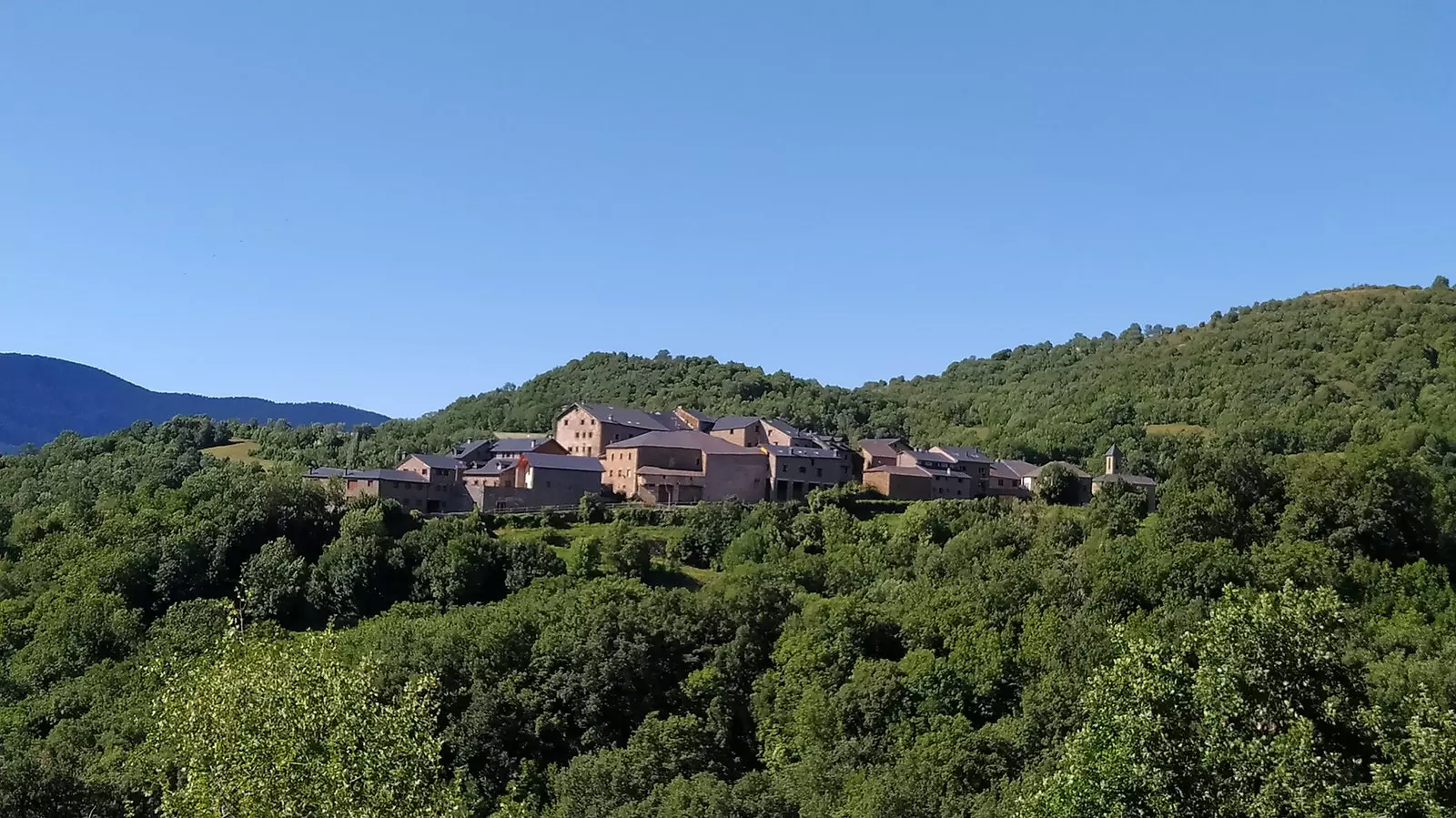
Pujalt is located at an altitude of 1,160 meters and a dozen kilometers from Sort
This summer they open the doors of the first floor of his house like a small rural tourism, with the comforts of today and the robustness of the stone walls of this town house with so much history. Looking at the family tree, they draw attention, for example, the 11 children of the 13th generation.
Those were times of many people in each house and all the chimneys of the town smoking. Everyone in the families had their chores. Contributing what everyone could at his age was an intrinsic condition in every peasant household. Also in Albert's. "I enjoyed my rural and peasant childhood very much," he says.
He is a thoroughbred rancher. He takes his cows and calves at all times to the best piece of mountain to graze, thus taking care of a diet that he has deserved the distinction of organic meat production, which they also prepare themselves in the family workshop, and sell directly to order, thus closing the cycle of a proximity economy.
"It's the only way to control the entire process before reaching the consumer," he says. Diversifying the activity also opens up a range of job opportunities, thinking about the future generational change.
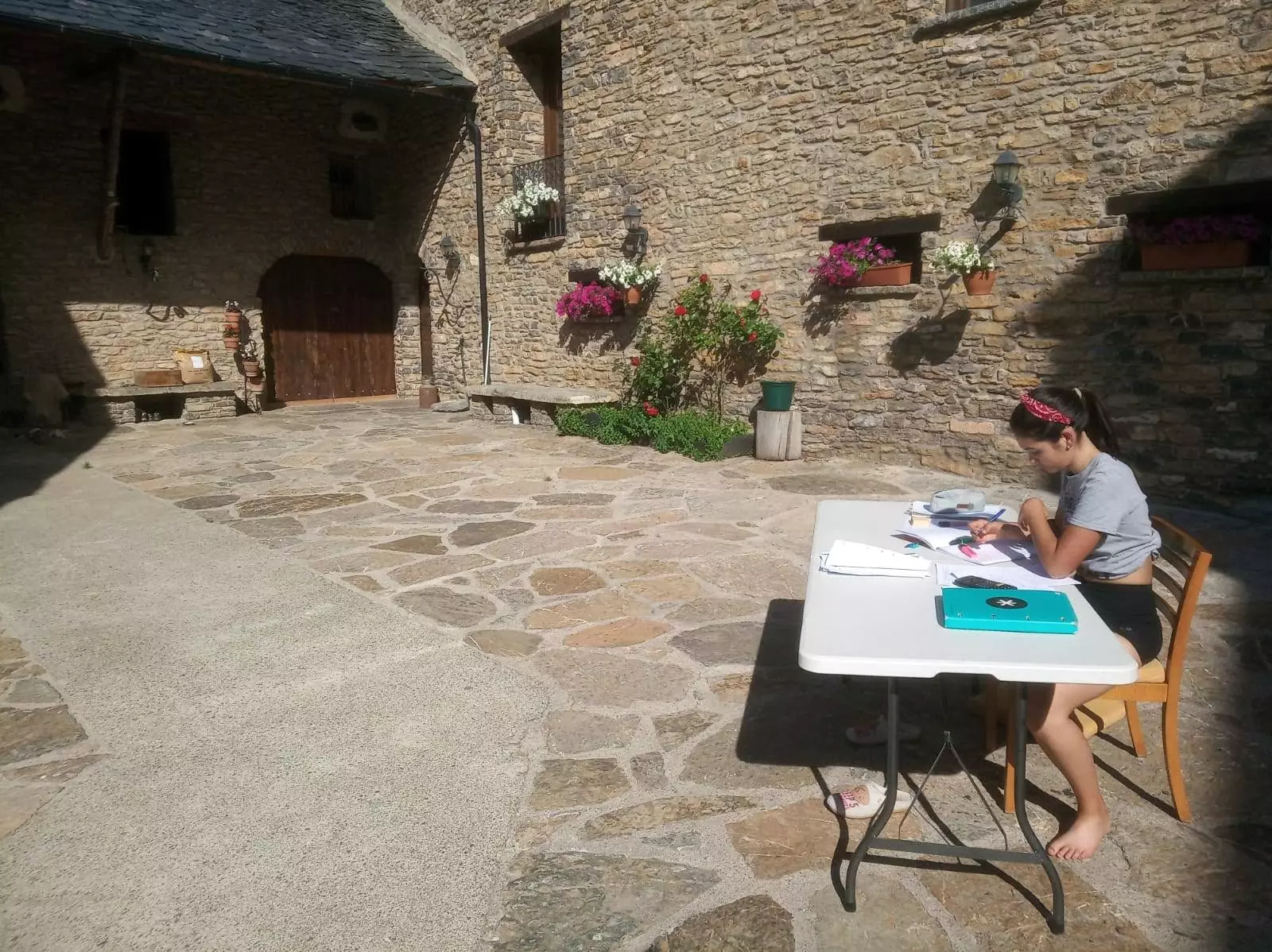
They have just opened a rural tourism accommodation
Although it may seem strange, despite the demand and responsibility of caring for animals, every day of the year, freedom is what he appreciates most about the dedication that this rancher has chosen. He uses his header phrase, expressed by the Roman philosopher Cicero, to define his love of the trade: "Agriculture is the proper profession of the wise, the most suitable for the simple and the most worthy occupation for every free man."
The main activity of his grandparents had been the raising of sheep, the production of cereals and the sale and resale of round-footed animals, working mules and donkeys, until the industrial revolution, which reached the mountains well into the 1960s, introduced machinery that freed animals and their owners from a harder work system.
Now at Casa Beta they have about 230 cows, including cows, calves for replacement and fattening. Landscape and cattle farms are the same place, without the cattle, the landscape would not be what it is. But Albert is annoyed that they say that the peasant is the gardener of the landscape. “My job is the production of quality food for people. And on the rebound, my work has an environmental component, of conservation of the territory, but it is a consequence, not the objective”, precise.
This example, like so many others in small rural mountain towns and their valleys, helps to understand that the future of the towns also depends on livestock vocations, of esteem for the land, of work and housing opportunities, and of an open mind to combine the reception of visitors, with the prospects for the future and enrichment in all senses of the natives.
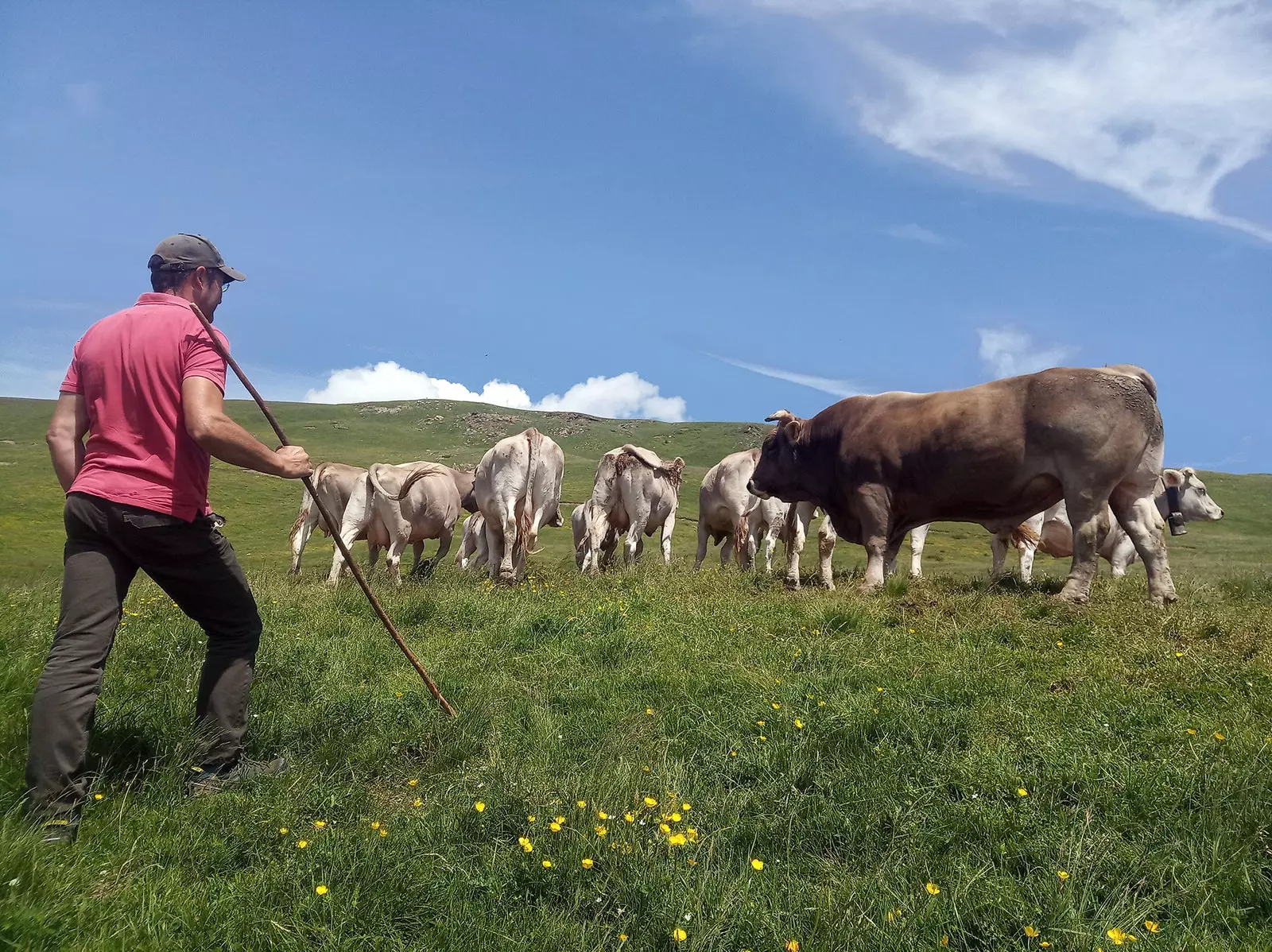
The future of the towns also depends on livestock vocations
That should actually be the real spirit of rural tourism, an open door to authentically rural lives. Because everything that is known in depth can be valued, respected and loved much better.
In everything, Albert has made a good tandem with his partner, Carmen Farre, that she is also the daughter of ranchers from the neighboring region of Pallars Jussa. Without her, he acknowledges that none of her projects would be as strong as they are.
CAMPING, ANOTHER WAY OF DOING TOURISM
Borda de Beta It is the family owned campground. It's in the town of Baro, which is reached by the N-260 road, the Pyrenean axis between La Pobla de Segur and Sort. An entrepreneur wanting to develop a camping activity rented Albert's father a farm near the Noguera Pallaresa river. And when the concession expires, Albert's father suggested that his children take him with them. "Camping is an economic activity for me, instead agriculture and livestock are my vocation".
The camping customer comes mostly of the Barcelona metropolitan area, always eager to get out of the city and swim in the pool all day. “Whoever chooses rural tourism is looking for something more authentic and calm”, Albert comments. “I like to start a conversation with everyone who is interested in this environment and in what we do. And I explain to them with great pleasure, how we do things and why, ecologically and not in a conventional way”.
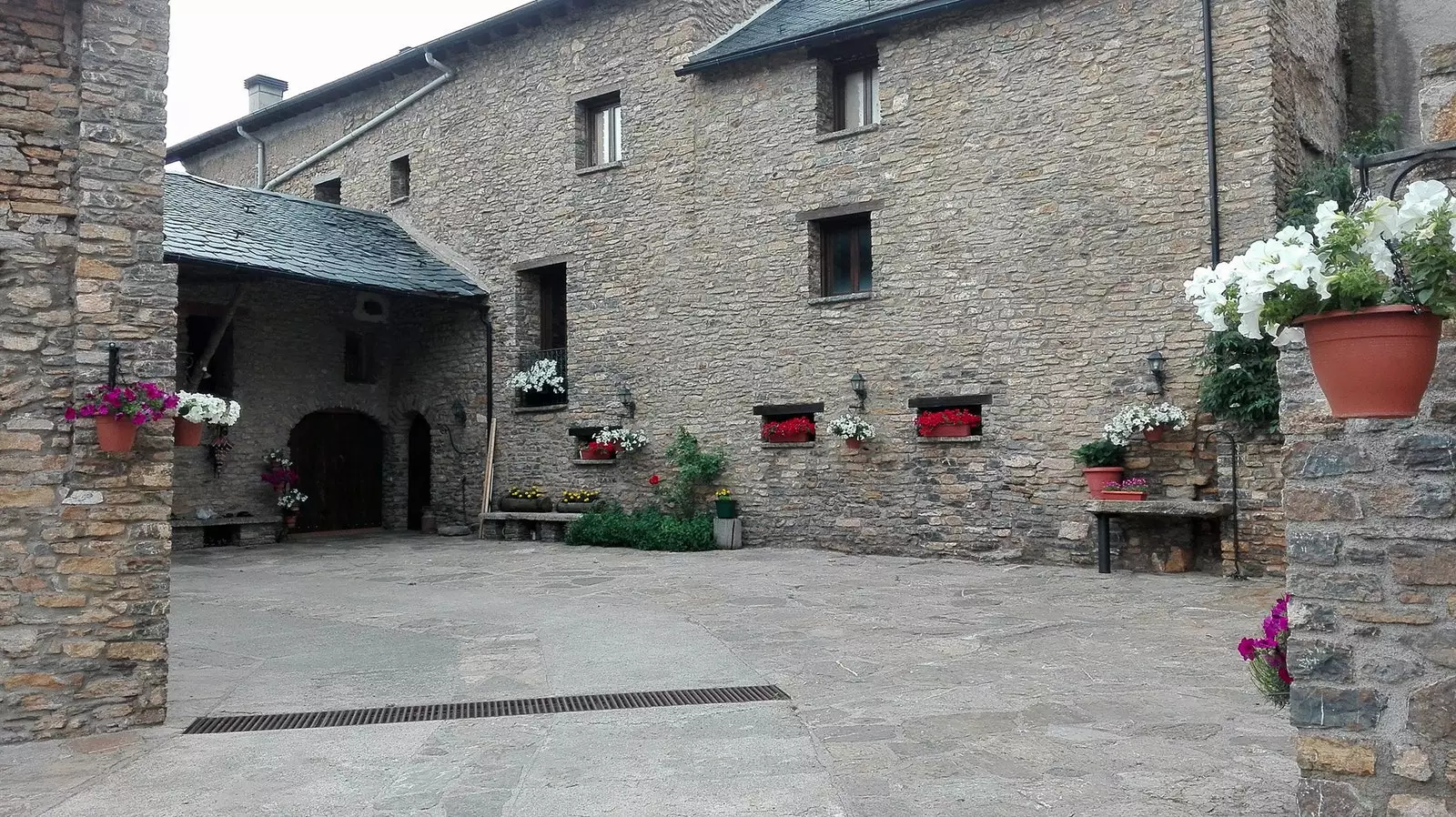
I wish I could wake up here every day
But, for both of them, whoever comes to the region, especially if they are families with children, Pallars Sobirà offers some attractive incentives as a complementary activity to that authenticity of rural tourism in farmhouses in the villages, or relaxation and leisure in a campsite with a swimming pool like Beta.
“The proposals on the river and on the ski slopes are essential. If you have teenage children, you have to take them rafting, as if I go to the Canary Islands with my children, they need a day to burn off energy in a water park”, compares Albert. But he -he adds- "something highly recommended for me, as a more leisurely, calm and relaxed proposal, is hiking, without having to climb. Just walking along rural roads stopping to listen to the birds, stopping to contemplate a herd of cows, which is the most relaxing thing in life and even more so if you can listen to them. If you go into context, you are hypnotized watching them graze,” he says. "Here every corner, every stone, any wall can tell a story to whoever wants to listen to it," he concludes.
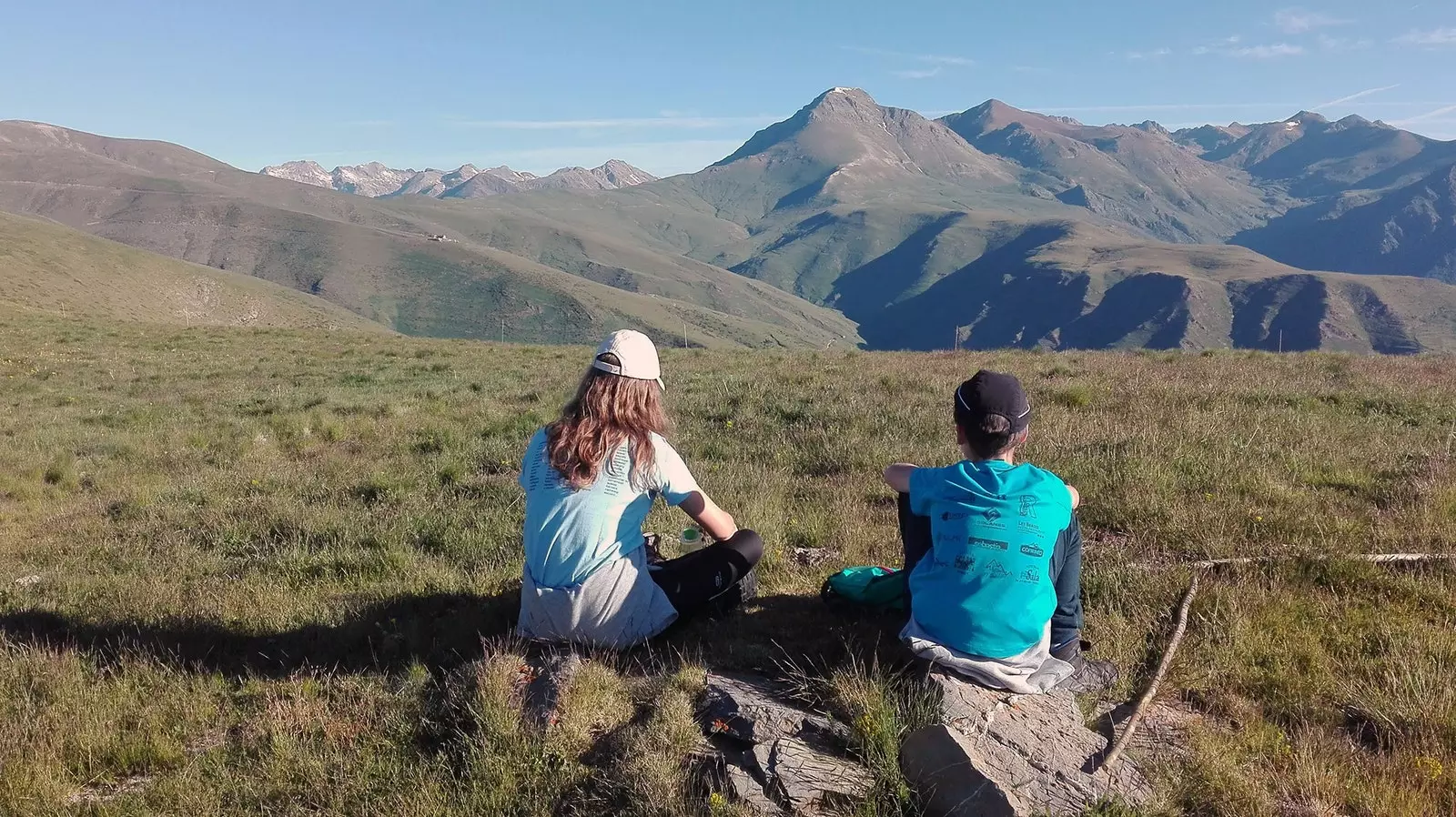
That should really be the real spirit of rural tourism, an open door to authentically rural lives.
